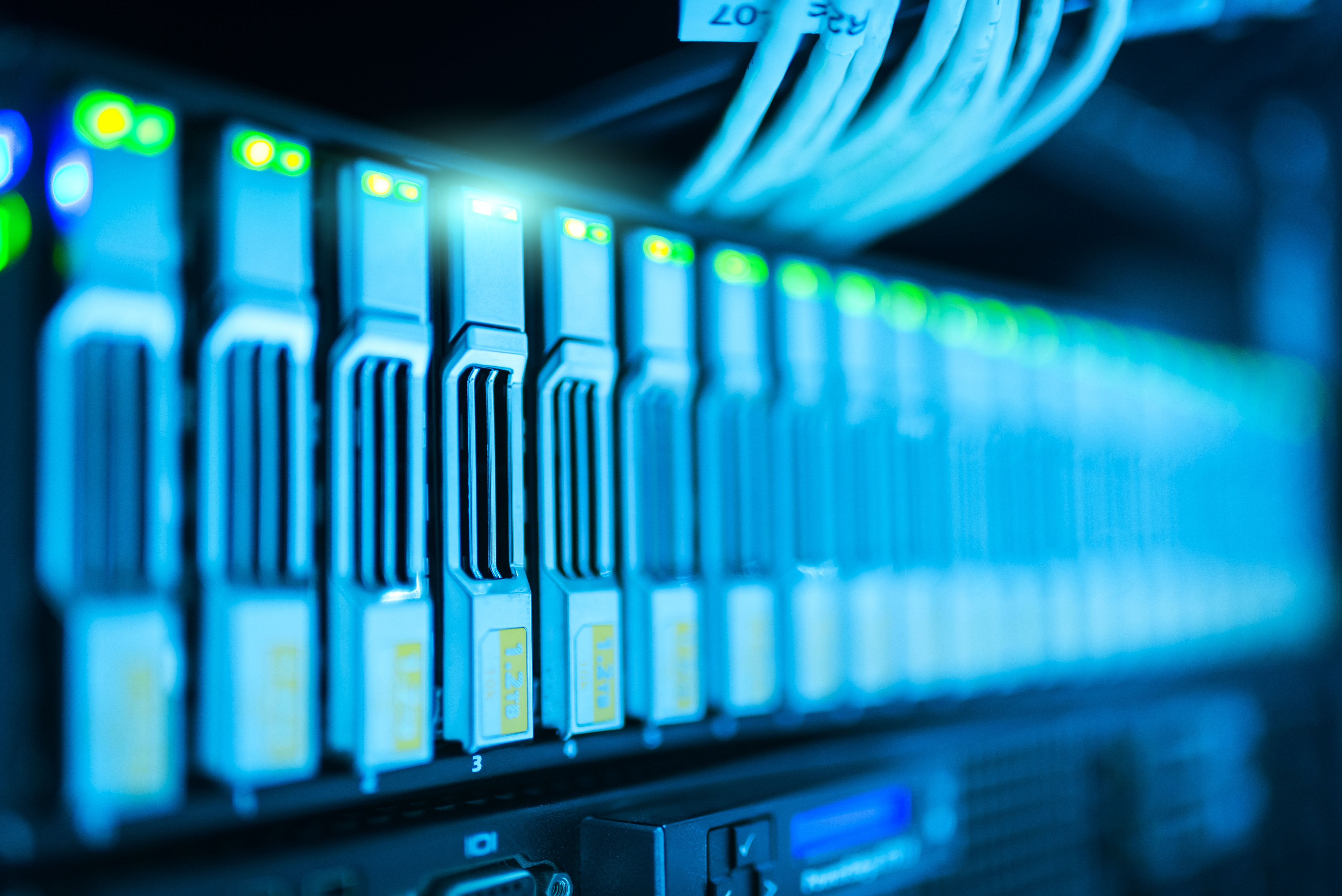A study conducted by the famous antivirus NortonLifeLock revealed how people are even more concerned about their online privacy and how they are more interested in protecting it from pandemic onset than before, coinciding with the growth of time spent online and hacker attacks. But nevertheless, most think that it is now impossible or useless to counter hacker attacks from the network.

Unfortunately, in Amber on our daily work, we have also realized that people don't really perceive what they do with their online privacy. Many don't perceive how the cloud services they use work, others don't even perceive the use they make of them, so much so that they don't even know they have files backed up in the cloud. If you ask them where their online data physically goes, people are more than a little amazed, many think that their data is really saved in a cloud in the sky.
This article serves to give you some clarity on the services we use and also understand how to protect your privacy online.
4 simple steps to protect your online privacy
We at Amber where user privacy is everything would like to give you some small tips:
Learn to Surf Online;
Use a good antivirus;
Use VPN protection;
Prefer a personal cloud to a centralized one.
Before you think about installing antivirus on your devices, which is certainly very important, you have to understand how you should understand how to surf the web. You have to be very careful where you surf, especially where you shop online. Nowadays online shopping is immediate, you just have to open a social network, "swiping up" the advertisement in evidence and proceed to purchase. It should be noted that not all e-commerces are reliable, as well as many newsletters to which we subscribe to the rest may receive emails with the sole intention of stealing information. It is not to underestimate also to the net that you use in order to connect you to the web. The public wi-fi offered everywhere, as in shopping malls, restaurants, airport, trains, etc. ... are very vulnerable to hacker attacks, so install a VPN protection in your devices, can be more than useful, to mask you from possible hacking.
Another effective system and not less important is to rely on personal cloud services than the centralized ones.
A bit of clarity
Let's start by explaining what a basic cloud service is. The cloud is a storage space granted by a company in one of their centralized servers for people to store their data in a device outside of their personal one. This way people can have a backup copy of their files and data, if they ever lose their device or it breaks, losing everything inside, or if personal storage is not enough or they need access to their data from multiple devices.
When we use these services, our data are stored and managed in large servers around the world, from where you can more or less always access them. Obviously, there is always the question of whether these data are managed in total privacy and whether they are really safe from hacker attacks, which can be much more frequent in this type of structure is publicly known. An example is the hacker attack suffered by EasyJet servers, losing very sensitive information of its travelers, as well as payment methods. In addition, there are other variables to count, an example is the fire at the Strasbourg's servers, which caused thousands of people to lose data and information.

In addition, clouds have evolved and offer multiple services such as the ability to run software or host websites. This can also be done by a NAS (Network Attached Storage), which is basically a mini-server that you can install at home. Many people in fact prefer the latter solution, so they can be more certain of the location and management of their digital life. However, these devices are very often expensive and complex to manage, so much so that they are mostly used by people with computer skills of a certain type.
If you want to access your stored files and apps remotely from the network where the NAS is installed, you have to try other configurations, not easily understood by a normal user.
The revolution with Amber
A personal cloud and edge computer like Amber offers the same services as a normal cloud and NAS, but with a small difference. The management of your files and applications made it much easier and within reach of anyone. Thanks to Amber's technology, managing your archived files and applications is made much easier. In the first case, thanks to the dedicated app: Amber iX, file management is made much easier, just like in a normal cloud. Even the applications can be installed even more easily with a click and you can access them both from the local network and remotely with a simple click.
Of course, all this simplicity doesn't come at the expense of security, so much so that Amber's motto remains: #PrivacyFirst. The decentralization of Amber and the technology in use, allows users to connect to data and applications from anywhere easily and securely. Also unlike other NAS, Amber is sleek, quiet and space-saving, making it perfect to install at home.

I hope this little guide on various online privacy issues has helped you, especially I hope you've grasped the differences between a regular cloud service and a personal cloud.
If you're interested in protecting your online privacy and getting your digital life back, visit our website or go to our store to see which Amber is right for you.